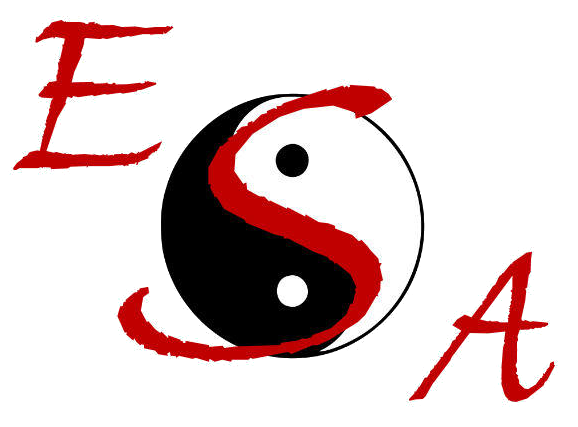Qi (pronounced ‘chee‘ and sometimes spelled chi) is a very important concept in Chinese medicine and is mentioned in almost any news article about acupuncture. It is also a fundamental concept in some traditional Chinese martial arts. And because it is exotic and mysterious, it gets misappropriated by other healing systems and sometimes even used as a cheap marketing tool to sell products. So on one hand it is a well known term, but at the same time a very poorly understood concept. For us English speakers it is often translated as energy or life force. When people think of it as energy they tend to think of it like electricity, or in some cases they think it refers to the electromagnetic fields in the body and the various electrical signals used in the nervous system. When the term life force is used (sometimes with universal tacked on in front) then it starts to evoke images of Jedi knights, at least for me it does. It becomes this mystical concept that underlies a deeper cosmological perspective.
In some ways both of these conceptualizations are true, but both greatly miss the mark of defining this very big concept. So let me attempt to break it down a little more and show you how I think of qi.
First of all – let’s look at the character of qi.  This character is comprised of 2 parts. The first part is the bottom, in the picture above it looks like an asterisk. This part of the character means a bowl of rice. The top part (the 3 lines and the backwards long division symbol) mean steam. So together the character for qi means steam rising from a bowl of rice. Not very mystical at all. Instead of electrical energy, I like to think of qi more like steam. It is a substance, but also like steam in a steam engine it can be harnessed as energy to do work. In our bodies qi is a substance and it also provides the force of various physiological functions.
This character is comprised of 2 parts. The first part is the bottom, in the picture above it looks like an asterisk. This part of the character means a bowl of rice. The top part (the 3 lines and the backwards long division symbol) mean steam. So together the character for qi means steam rising from a bowl of rice. Not very mystical at all. Instead of electrical energy, I like to think of qi more like steam. It is a substance, but also like steam in a steam engine it can be harnessed as energy to do work. In our bodies qi is a substance and it also provides the force of various physiological functions.
At this point, we are still in the realm of generalized concept. When we use qi in Chinese medicine we start to break it down into more and more specific components. There are several different types of qi in the body and each organ has its own qi with its own specific characteristics and functions. I won’t elaborate on them too much here as it can start to get complicated. However, the point is that qi has several different functions within the body. It becomes a stand in term to cover many different components of physiological functions. The ancient Chinese had a very sophisticated understanding of the body and its processes arrived at through observation and refined over hundreds and thousands of years. Nowadays we have the technology of modern medicine to more accurately observe, understand, and define physiology and we accordingly label each individual process. The ancient Chinese had some of the same understanding but instead used the term qi (sometimes with an additional adjective) to describe these processes. Nothing mystical about it. However, the western mindset says that if you use a term like qi and tell me it is a substance or process, you have to scientifically quantify it. Measure it with a lab test or show it under a microscope. So far no one has been able to do so, and therefore many people dismiss all of Chinese medicine as being based on some falsehood and ignore the thousands of years and millions of people it has helped. Yet as I said, qi is a stand-in concept for many different substances and processes in the body that we can never distill it to one thing and call it qi. Despite that it can still be dealt with and manipulated using the principles of Chinese medicine to have a great and sometimes profound effect on people.
In other areas of Chinese thought (philosophy and religion) they also use the term qi. In these usages it does take on a more mystical definition as it becomes more of a term to describe the universe and its interactions (its physiology?) as well as understand the whole concept of life. In these usages qi is more of a “universal life force” and is more mystical. There is a lot more to this understanding of qi but to do it any justice I’d have to write quite a lot more.
To summarize – in medicine qi refers to physical phenomena of the body, in philosophy/religion it describes a metaphysical understanding of life and the universe. Same term, same concept, different scope.
Just to make it a little more complicated, a quick word about martial arts. In Chinese styles the concept of qi is also important. It becomes a foundation of body development (through practice of qigong exercises) that melds both the physical/medicine understanding with the metaphysical/philosophical understanding of the term.
I’m sure some of my fellow acupuncturists as well as my kung fu friends will read this. If you have anything to add, or even if you disagree, please leave a comment.



